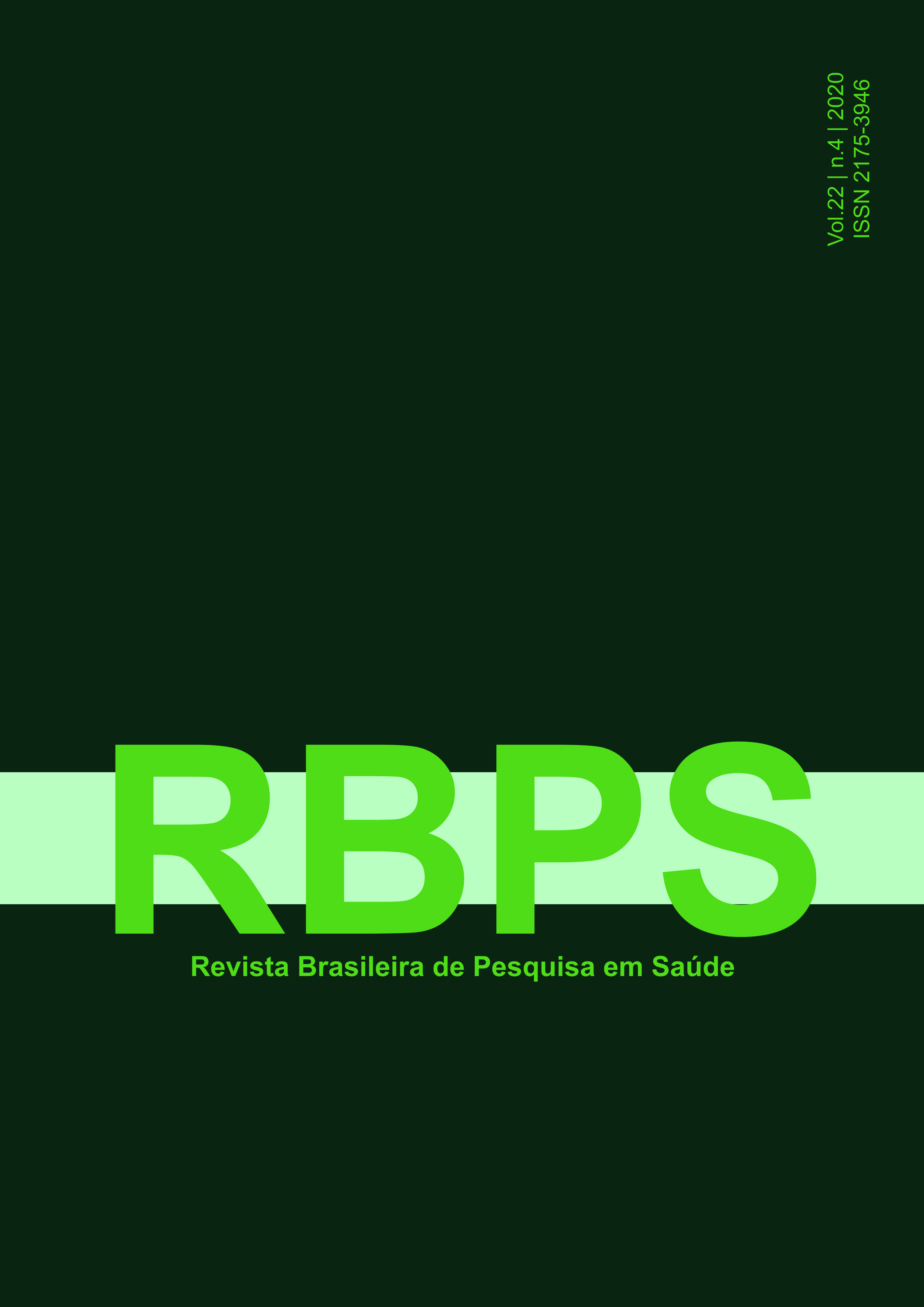Scientific Initiation at Universidade Federal do Espírito Santo: graduates and evolution
DOI:
https://doi.org/10.47456/rbps.v22i4.35453Keywords:
Scientific Initiation, Academic Achievement, Scientific Initiation Scholarship, Research, UFESAbstract
Introduction: The scientific initiation aims to incentive the scientific career of undergraduate students, preparing them for graduate school and for a better professional performance. Objectives: Analyze the academic performance (admission to graduate school or not) of students who did scientific initiation in relation to students who did not participate in any edition of scientific initiation. Methods: It is a survey based on the total number of students graduating from undergraduate studies, who participated in scientific initiation in the 2012/13 edition and of a convenience sample of students matriculated in 2013/1, who did not undertake scientific initiation at UFES. Students were separated into groups and checked for it entry to postgraduate courses. Results: The students who participated in scientific initiation were separated into scholarship and volunteers. Results: Students who participated in scientific initiation stand out in terms of entering graduate courses when compared to students who did not pursue scientific initiation. In the cohort of those who participated scientific initiation, the fellows presented the best percentage of entry into master’s and doctoral degrees (47.2% and 22.7%, respectively). There has also been an increase in the number of approved subprojects in recent years. Growth occurs in practically all Knowledge Areas. The area with the largest number of subprojects in this moment is the Health Sciences. Conclusion: The data reinforce that having a scientific initiation scholarship increases the chance of entering master’s and doctoral programs, and that the growth of scientific initiation significantly impacts in the growth of graduate studies.
Downloads
Downloads
Published
Issue
Section
License
Copyright (c) 2021 Revista Brasileira de Pesquisa em Saúde/Brazilian Journal of Health Research

This work is licensed under a Creative Commons Attribution-NonCommercial-NoDerivatives 4.0 International License.
Authors and reviewers must disclose any financial, professional, or personal conflicts of interest that could influence the results or interpretations of the work. This information will be treated confidentially and disclosed only as necessary to ensure transparency and impartiality in the publication process.
Copyright
RBPS adheres to the CC-BY-NC 4.0 license, meaning authors retain copyright of their work submitted to the journal.
- Originality Declaration: Authors must declare that their submission is original, has not been previously published, and is not under review elsewhere.
- Publication Rights: Upon submission, authors grant RBPS the exclusive right of first publication, subject to peer review.
- Additional Agreements: Authors may enter into non-exclusive agreements for the distribution of the RBPS-published version (e.g., in institutional repositories or as book chapters), provided the original authorship and publication by RBPS are acknowledged.
Authors are encouraged to share their work online (e.g., institutional repositories or personal websites) after initial publication in RBPS, with appropriate citation of authorship and original publication.
Under the CC-BY-NC 4.0 license, readers have the rights to:
- Share: Copy and redistribute the material in any medium or format.
- Adapt: Remix, transform, and build upon the material.
These rights cannot be revoked, provided the following terms are met:
- Attribution: Proper credit must be given, a link to the license provided, and any changes clearly indicated.
- Non-Commercial: The material cannot be used for commercial purposes.
- No Additional Restrictions: No legal or technological measures may be applied to restrict others from doing anything the license permits.

























